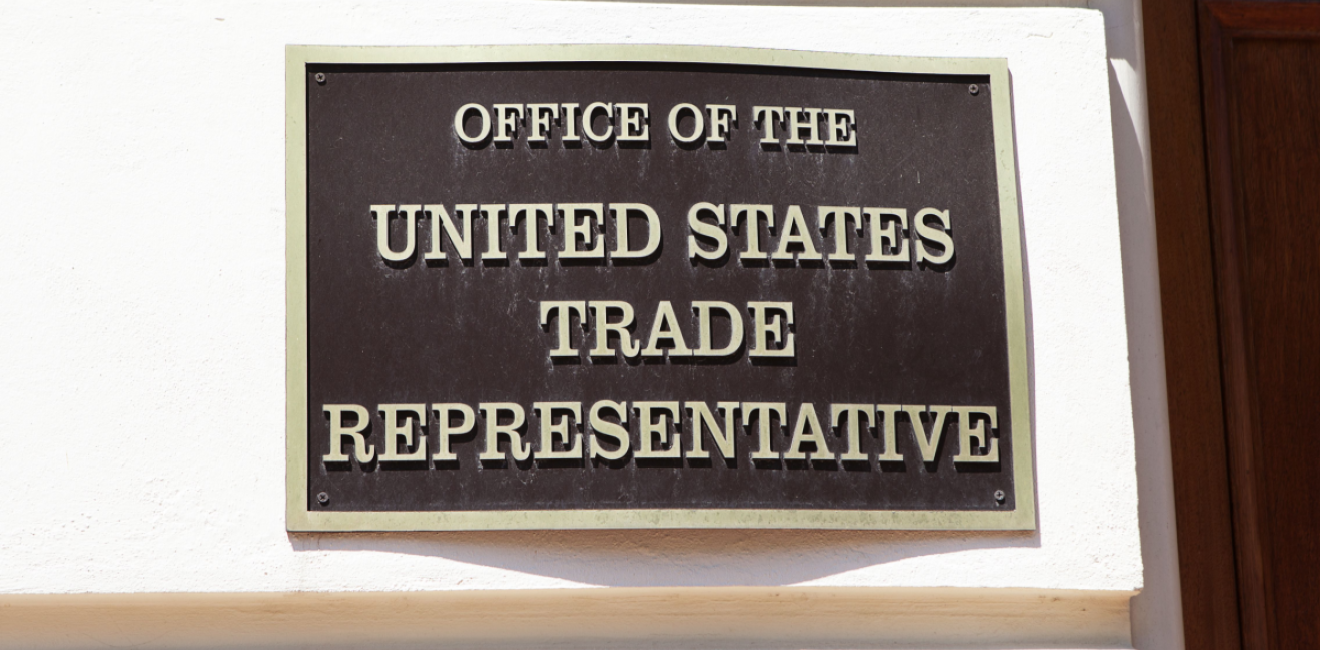America is Talking About Friendshoring, China is Doing It
Testimony as delivered to the United States Trade Representative’s “Promoting Supply Chain Resilience” Public Hearing
Testimony as delivered to the United States Trade Representative’s “Promoting Supply Chain Resilience” Public Hearing

As America has been mostly just talking about friendshoring, China is actually doing it. With the US imposing massive tariffs, the PRC pivoted to selling intermediate goods to America’s friends, making them packaging hubs for largely Chinese goods. Reductions in America’s imports directly from China camouflage Beijing’s expanding exports to Latin America and Southeast Asia. Studies show the Chinese content America consumes has not diminished. What has diminished is America’s standing with a recent survey of Southeast Asian nations showing they now favor China over America. You cannot tariff your way to friendshoring or economic security. The elephant in the room is that it will be difficult if not impossible to achieve supply chain resilience without new trade agreements that provide market access.
We learned that pandemics drive a surge in demand for certain products. Here a diversification of suppliers would help surge supply, but preparatory stockpiles are also necessary.
Natural gas in Europe demonstrated how geopolitical tensions can spark a sudden need to find alternative supply sources. Europe was able to quickly friendshore because demand was softened by a mild winter and there were multiple natural gas suppliers, including the US, to surge supply.
America must be prepared for constraints more serious than a pandemic and Europe’s need to shift away from Russian gas combined. It must be prepared for possible geopolitical tensions where demand for some items will surge at the same time as supplies shrink, either due to sanctions or economic coercion. As we saw in Ukraine, demand for some items, notably military equipment, surged beyond current stockpiles. Ukraine also demonstrated how supplies suddenly shrank as a broad alliance of nations imposed extensive sanctions while the aggressor countered by cutting off supplies.
Unlike with Russian energy supplies, the categories that would face acute supply chain risk in any future faceoff are not fungible products with multiple suppliers like natural gas. Specific categories include semiconductors, pharmaceuticals, and critical minerals.
These categories include supply chains links dominated by a low-cost supplier with a track record of defending its market leadership with predatory pricing. A degree of interdependence with China helps deter aggression. This argues against broad decoupling. Yet overdependence on critical categories signals a vulnerability that could tempt aggression. In these categories, America must de-risk more aggressively.
America doesn’t have the workforce capacity to fulfill all the labor intensive, low value-added, yet essential steps in these supply chains. Nor is it blessed with sufficient mineral resources to meet demand. America can and should do more domestically yet believing it can meet these needs without friends is delusional.
America will not have a resilient chip supply chain unless its investments in semiconductor fabrication facilities are matched by investments to provide the labor-intensive packaging and testing. Today, this is concentrated in countries where supply could be constrained during periods of tension. Friends are unlikely to help America reduce its overdependence on China by building plants, training the necessary workforce and taking the risks of entering a competitive market without a long-term demand signal that a trade agreement represents, with the rules of origins such an agreement can require.
China supplies 29 of 82 active pharmaceutical ingredients (API) where one country accounts for 75% or more of US imports. Friends are unlikely to make the investment required to provide a diversified source of APIs without the assurance a trade agreement represents.
America remains highly dependent on the PRC for critical minerals and rare earths. Given the long period necessary to achieve a return, long term demand signals are even more important to spur diversification in minerals.
While the trade agreements necessary could be country and category specific, doing so adds to complexity in supply chains, making them more brittle. Sector-specific agreements also communicate to the Global South that America doesn’t want to cultivate friends, it just wants minerals. Multilateral agreements with a diverse set of nations, efficient rules of origin and high environment and labor standards are possibly the best path. In any event, America’s supply chain resiliency would be accelerated by truly friendshoring by entering new trade agreements with mutual market access.


The Wahba Institute for Strategic Competition works to shape conversations and inspire meaningful action to strengthen technology, trade, infrastructure, and energy as part of American economic and global leadership that benefits the nation and the world. Read more
